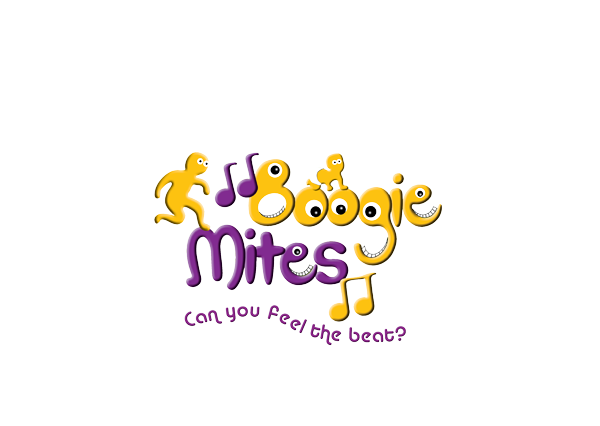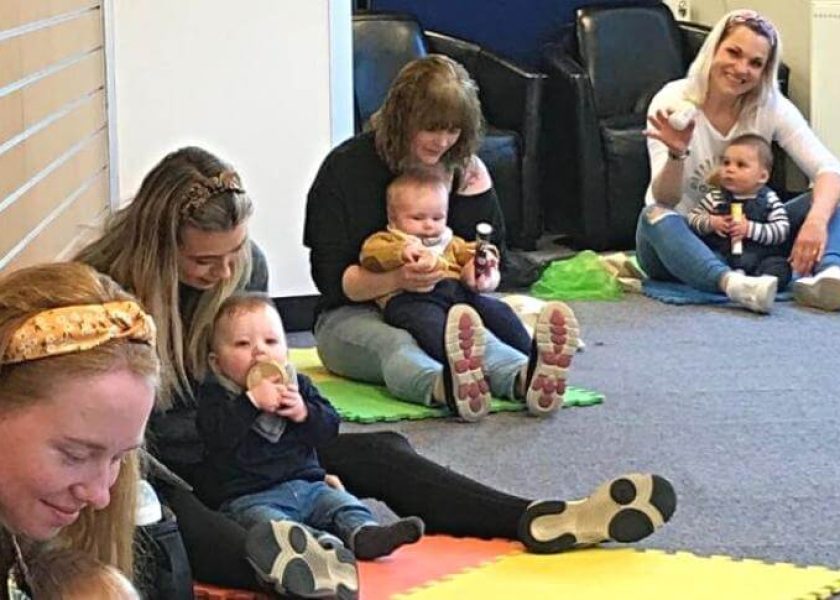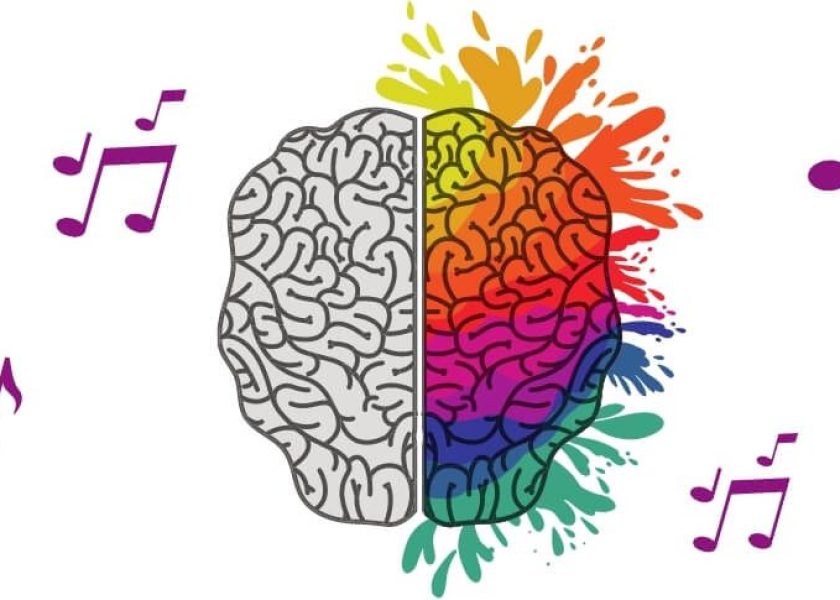Music and the brain
If you read our neuroscience blog series during October, you will be aware of the wealth of worldwide research surrounding music and brain development over the last 30 years. According to neuroscience evidence, exposure to and involvement in regular music making from birth can have significant impact to boost children’s brain development, physical and mental health, and happiness throughout life. But are your parents aware of this?
During November, our blog series will provide you with information to share with parents, to encourage them to get involved with music activities at home and to place high value on music lessons for their children throughout school years. Firstly, let’s consider the strong evidence of the benefits of music lessons for children throughout school years.
An article by Tom Barnes suggests that investing in music lessons could be the best thing that parents can do for their children. He reviews studies that provide scientific evidence that music lessons, learning to read music and playing an instrument as a child, gives you an advantage in a vast diversity of neurological areas:
- Improved verbal and reading skills
- Improved mathematical ability and temporal-spatial reasoning
- Improved grades
- Raised IQ
- Ability to learn languages more quickly
- Improved listening and concentration
- Slowed the effects of ageing
- Strengthened the motor cortex
- Improved working memory
- Improved long term memory for visual stimuli
- Improved anxiety management
- Enhanced self-confidence and self-esteem
- Enhanced creativity
Opportunities and education for all
These amazing advantages should not be only available to the privileged few, whose parents can afford to pay for extra-curricular music lessons, but should be available to all. The Government have recognised this in a recent update of the music curriculum for state-funded Primary schools. Parents need to be aware of the value of taking up the opportunity for music lessons at school, and of how to give children a good foundation for music learning in early years.
We can give children a good start by ensuring that all children get the opportunity for rich and varied music-making opportunities that will build strong foundations for further music learning throughout school years. We can also raise parental awareness of the benefits. Parents should understand that early years music practice (such as learning to play an instrument) develops strong foundations for learning and these are the same foundations that also support strong literacy and maths learning skills. We should invest time in an activity that will have a huge impact on success at school whether the child continues to learn to play an instrument or not. Parents should know about the scientifically proven benefits of music learning throughout school years too.
Many children drop out of music lessons because they don’t value it, they have not been given the encouragement from home or they find the music theory too difficult and do not feel they are making progress in a rewarding way. If we better prepare parents to encourage and value music and better prepare the brain during early years, we can make it easier and more rewarding for children to learn to read music and learn to play an instrument at age 6+ and hence to benefit in all the ways listed above.
So, back to the Tom Barnes article, the message for both early years settings and parents is that evidence suggests that investment in a regular and varied music provision may well be the best value for money and time spent on your children at this foundation stage in terms of impact on short term and long-term academic achievement, social skills, physical and mental health outcomes.
Coming up…
In part 2 of this series, we will support you to share with your parents what effective music practice in early years looks like, we will consider the valuable part that nursery rhymes play in early years but that they provide only a few of the many benefits that a wide and varied early years music provision can offer. We will offer a parent information sheet covering effective music practice tips and ideas.
In part 3 we will encourage you to consider offering an onsite parent education music workshop, a great vehicle for informing parents, so that they value music activities and are motivated to try at home with their children, encouraging them to practise and celebrating their musical development.
In part 4 we will explore ways to enliven stories with music.






